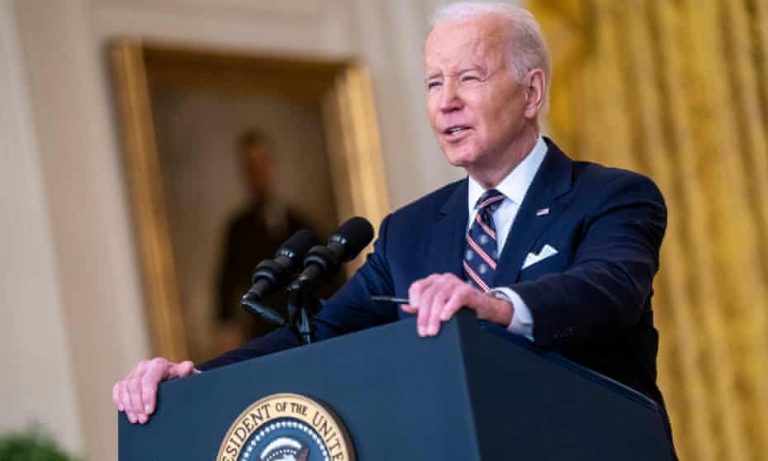
On October 27, 2023, President Joe Biden signed an executive order on artificial intelligence (AI) that aims to strengthen the U.S. leadership and competitiveness in this strategic domain. The executive order builds on the previous initiatives of the Trump and Obama administrations and outlines a comprehensive and coordinated approach to advancing AI research, development, deployment, and governance.
The executive order has four main objectives:
To promote trustworthy and responsible AI that respects human rights, civil liberties, privacy, and democratic values. To foster innovation and economic growth by investing in AI research and development, infrastructure, education, and workforce development. To enhance national and homeland security by leveraging AI for defense, intelligence, cybersecurity, and disaster response. To ensure global leadership and cooperation by engaging with allies and partners on AI issues and standards.
Tekedia Mini-MBA edition 14 (June 3 – Sept 2, 2024) begins registrations; get massive discounts with early registration here.
Tekedia AI in Business Masterclass opens registrations here.
Join Tekedia Capital Syndicate and invest in Africa’s finest startups here.
To achieve these objectives, the executive order establishes several mechanisms and actions, such as:
Creating an Interagency Policy Committee on Artificial Intelligence (IPC-AI) to coordinate AI policies and programs across the federal government. Launching a National Artificial Intelligence Initiative (NAII) to support and accelerate AI research and innovation in academia, industry, and non-governmental organizations. Establishing a National AI Advisory Committee (NAIAC) to provide advice and recommendations to the President and the IPC-AI on AI matters.
Developing a National AI Strategy (NAIS) to guide the implementation of the executive order and align with the national security strategy and the national economic strategy. Enhancing the AI regulatory framework by directing agencies to review and update their existing AI policies and regulations and issuing guidance on how to ensure trustworthy and responsible AI in the public and private sectors.
Expanding the AI talent pipeline by increasing funding for AI education and training programs, creating new scholarships and fellowships for AI students and researchers, and launching a National AI Service Corps to provide opportunities for civic engagement in AI projects. Strengthening the AI infrastructure by investing in high-performance computing, data, and network resources, as well as creating new testbeds and sandboxes for AI experimentation and evaluation.
Advancing the AI frontier by supporting cutting-edge research on topics such as explainable AI, trustworthy AI, human-AI collaboration, neuro-inspired AI, quantum AI, and biologically inspired AI. Promoting international collaboration on AI by participating in multilateral forums and initiatives, such as the Global Partnership on Artificial Intelligence (GPAI), the Organization for Economic Cooperation and Development (OECD) Principles on AI, and the United Nations activities on AI.
The objective is to foster innovation and economic growth by investing in AI research and development, infrastructure, education, and workforce development. This objective can benefit society by creating new opportunities for scientific discovery, technological breakthroughs, industrial competitiveness, and social welfare. It can also enhance the quality of life and well-being of people by improving their access to information, services, and resources.
The third objective is to enhance national and homeland security by leveraging AI for defense, intelligence, cybersecurity, and disaster response. This objective can benefit society by protecting the U.S. from external and internal threats, such as terrorism, espionage, sabotage, and natural disasters. It can also support the U.S. interests and values in the global arena by maintaining its strategic advantage and deterrence.
The fourth objective is to ensure global leadership and cooperation by engaging with allies and partners on AI issues and standards. This objective can benefit society by fostering a common understanding and vision for AI among different countries and stakeholders. It can also promote a peaceful and stable world order by addressing the global challenges and opportunities posed by AI, such as climate change, poverty reduction, human rights protection, and international security.
The executive order is a significant step forward for the U.S. in addressing the opportunities and challenges posed by AI. It demonstrates a clear vision and commitment to harnessing the potential of AI for the benefit of society, while ensuring its ethical and responsible use. It also signals a willingness to cooperate with other countries and stakeholders on developing common norms and standards for AI governance. The success of the executive order will depend on its effective implementation and evaluation, as well as on the sustained support from Congress, industry, academia, civil society, and the public.



